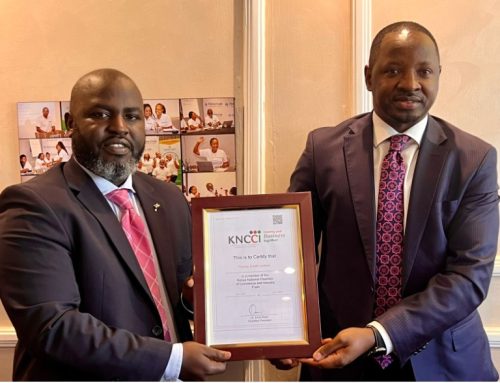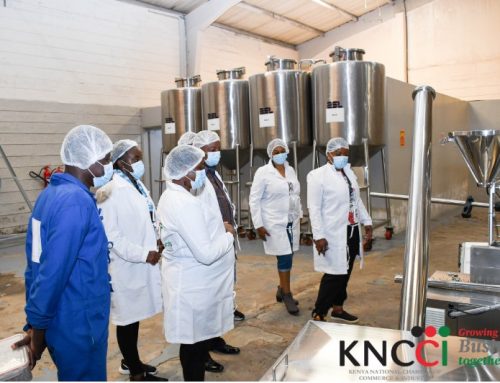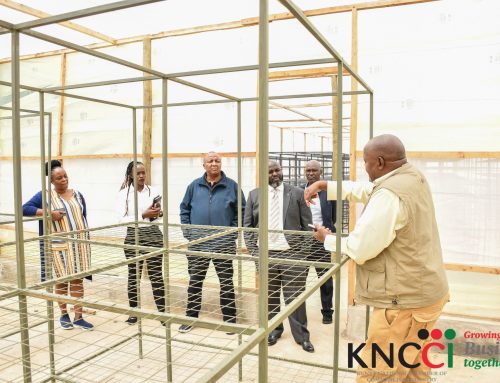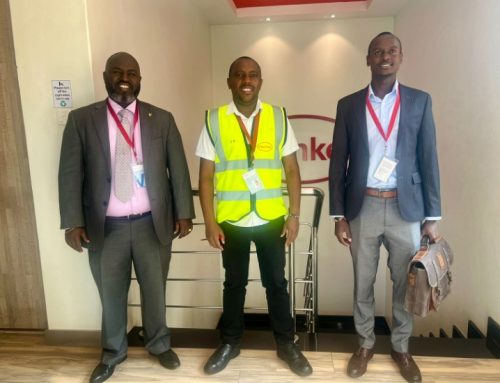The Kenya National Chamber of Commerce and Industry (KNCCI) wants pending bills included in the country’s public debt, saying the matter has been neglected by the national and county governments.
Speaking at the State of Economy forum organized by the business community said the delayed payments has seen a number of businesses collapse.
”We support the recommendation by the International Monetary Fund (IMF) for the country to include pending bills in the public debt to illustrate the clear picture of the country’s indebtedness and paying businesses as the first charge,” Ngatia said. HeHe said the Presidential Order asking state agencies to pay suppliers and contractors within 90 days has been defied .
In February, National Treasury CS Ukur Yatani said a majority of State corporations and agencies had not honored a directive to pay over Sh346.2 billion owed to suppliers and contractor’s .KNCCI is however blaming the Treasury, blaming it of late disbursement of funds, especially to counties.
They asked the National Treasury to come up with lean budget expenditure that encourages a favorable tax regime.
”An over ambitious budget leads to over taxation. This is discouraging investors hence a spiral economic effect felt to the bottom of economic units, households,” Ngatia said.
Others proposals include debt restructuring, accommodative lending policies, offering incentives to investors and prioritizing development budget while slashing the recurrent one.
Ngatia said at least 50 international investors have left the country in the past decade owing to the harsh tax regime and bureaucracy that stifles the ease of doing business. His concerns were echoed by former Vice President Musalia Mudavadi who asked KRA not to kill the goose that lays the golden eggs.
He said SMEs employ at least 14 million people out of the country’s wage force of 20 million people hence the need to promote the sector
”The problem is that KRA is taxing a vegetable vendor to repay commercial loans which largely fund recurrent expenditure, leaving social amenities like hospitals, schools and roads in a poor state,” Mudavadi said.
He asked the National Treasury to come up with a reasonable budget and tax targets.
”Don’t tax to repay loans but to brew social-economic development,” Mudavadi said.
He urged the government to maintain an accommodative debt strategy that prioritizes concessional long and cheap loans to avert the glaring debt crisis as the country’s total loans hit Sh7.4 trillion.







Leave A Comment